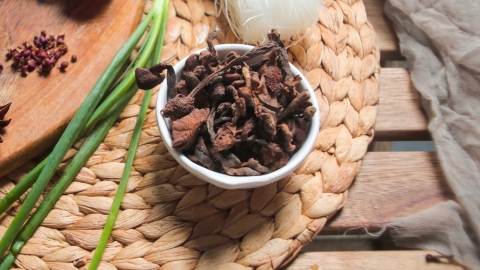Can hazel mushroom lower blood sugar levels?
Generally speaking, boletus mushrooms cannot directly lower blood glucose levels, but as a common food ingredient, they can play a supportive role in controlling blood glucose. Proper portion control and appropriate dietary combinations are important when consuming them. Detailed analysis is as follows:

Boletus mushrooms are common fungi containing dietary fiber, polysaccharides, and various minerals. Dietary fiber can delay the digestion and absorption of carbohydrates in food, reducing the post-meal rise in blood glucose levels. The polysaccharide components may assist in regulating body metabolism and indirectly help maintain stable blood sugar levels. Consuming boletus mushrooms in moderation, combined with whole grains, vegetables, and other ingredients, can provide essential nutrients and positively support blood glucose control. However, they do not contain any specific components that directly lower blood sugar and cannot replace anti-diabetic medications. Therefore, boletus mushrooms alone cannot achieve the goal of lowering blood glucose levels.
Excessive consumption of boletus mushrooms may lead to their carbohydrate content being converted into glucose, potentially causing blood sugar fluctuations. Additionally, attention should be paid to cooking methods, avoiding the addition of excessive sugar or oil, which may interfere with blood glucose control. In daily life, maintaining stable blood sugar requires balanced nutrition, reduced intake of high-sugar and high-fat foods, and regular lifestyle habits to better manage blood glucose levels.




